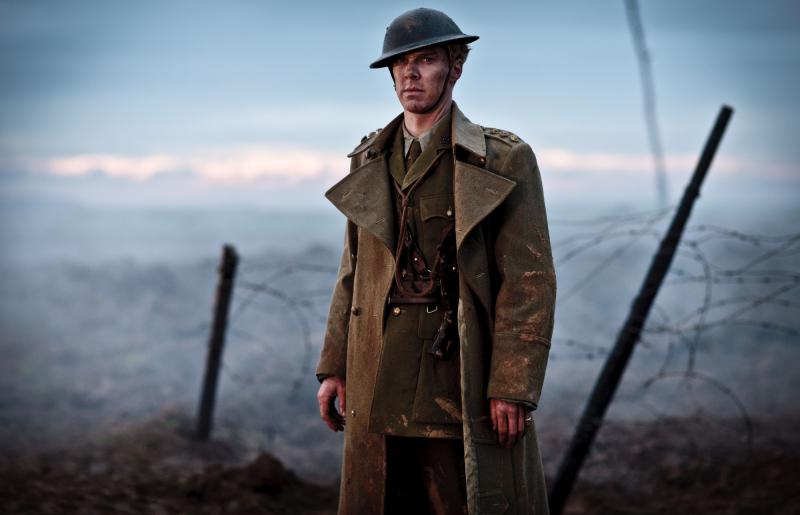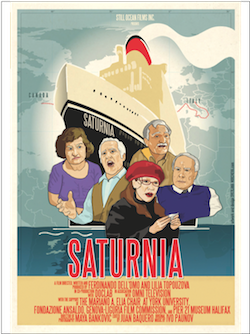No More Parades - Book Two of Parade's End by Ford Madox
Ford (Originally published 1926) 309 pages
Just as the phrase "Some Do Not" has multiple
meanings in the first book (please see a review of the first book here), so
does the phrase "No More Parades" in the second book in Ford Madox Ford's tetralogy Parade's End. No more military
fanfare, no more games, no more false glory, nor more illusions, as our hero Christopher Tietjens
attempts to absent himself from his wife Sylvia' treachery and Valentine's
ardor, which he cannot reciprocate, by returning as an officer to the war in France.
I admit I struggled with the first two books: the pace seemed off, the characters unsympathetic, the rituals of the aristocrats odd but I kept thinking, and yet, and yet ... there is something here.
The war occupies much of the second novel and the story is largely set over a few days in Rouen, France in 1917.
Tietjens is once again serving in the military as an officer preparing new conscripts for the front line; Sylvia is
(temporarily) in a convent nursing her wounds over Tietjens' seeming emotional
indifference towards her and Valentine is ministering to her famous novelist mother's
needs back in England and teaching as a physical instructor at a girls' school.
Or is Sylvia in a convent? Tietjens, while dealing with the exigencies of war and other various difficulties (men dying before him, men not returning from leave, men embroiled in disputes with each other), receives a note that Sylvia is nearby in Rouen, waiting to see him. Here the
stream of consciousness style that Ford adopts works very effectively (dubbed by Ford as "Impressionism") with
Tietjens as he moves swiftly from the more immediate concerns of war to
thoughts of the two women. Eros (love) and Thanatos (death) war mightily in his
battered consciousness.
 |
| Our hero at war ... |
Ford has an elliptical narrative style that alludes to an event and then sometimes does not discuss or refer to it for many more pages. Late in the novel, Tietjens must explain the details of Gen. O'Hara and Sylvia's old lover Perowne colliding at Sylvia's hotel room door at 3 a.m. to General Campion in copious detail ... stalling the narrative somewhat and belaboring an important point: Campion no longer trusts Tietjen's judgment and banishes him to the front.
Julian Barnes, who wrote the preface for the newly issued
Parade's End and a wonderful article in the Guardian, noted that even though there is very little actual sex in the
book, it is thoroughly saturated with thoughts about sex.
Ford dealt with the sexual antagonism between male and female in a new way, not
obliquely, not superficially. Sex is a worrisome business, sexual feeling
is tortuous. "It's woman against man," Tietjens laments, "Now and
ever has been." Few books posit the antagonism between the sexes so
brutally.
Sexual feeling pervades all in the book ...
The aristocratic society that Tietjens inhabits, due to the machinations of his
enemies and of Sylvia's jealousy, has deemed him to be a frightful womanizer, a
"rip" as he describes it, based on virtually no evidence at all. Sylvia's actions are
reprehensible in Book One and largely off camera but in Book Two she withdraws
into a self-imposed celibacy principally, it seems, to wound Tietjens. Tietjens is often
obsessed with the sensual physical aspects of the
 |
| The alluring Rebecca Hall as Sylvia Tietjens |
two women: Valentine's
quivering lip and fresh visage; Sylvia's "glorious halo" of hair, her beautiful
clothes, even a scene where he witnesses her use a powder puff in intimate
areas has the power to move him. A lark* that Tietjens hears in France appears
"oversexed" to his ears in its unusually "hysterical" singing. A soldier wants leave
to go and deal with a wife suspected of infidelity back home and is blown to bits
when he is denied leave and must remain in camp. Another officer wants a
leave to divorce his wife but then decides, cannily, that it is easier to share
one's wife with her lover. Mark, Christopher's brother, suspects that
their father's generous financial support of Mrs. Wannop the novelist
(Valentine's mother) is because of some past affair with the older woman or that he fathered her child (it is
not). Most seem to have very degraded impression of their fellow human beings.
I imagine that some of these scenes and the dialogue would be perceived as coarse and vulgar for its time, overly sensual, disturbing.
Graham Greene, another British writer who edited an earlier
edition of Parade's End in the late 1940s and greatly admired Ford's handiwork, described Sylvia as evil. Ford
does indeed depict her in the novel as a "snake that fixes a bird" but this
doesn't quite do justice to Sylvia's personality. It is not until Book Two that
we begin to understand, a little, her motivations and feelings towards
Tietjens.
I spoke of Tietjens' misogyny but it is no match for Sylvia's antipathy towards the male sex and its motivations: '"You went to war when you desired to rape innumerable women ..." she derisively proclaims of men.
General Campion, Tietjens' immediate superior (and godfather) warns Tietjens: "For the morality of these matters is this ... If you have an incomparably beautiful woman on your hands you must occupy yourself solely with her." Tietjens fails to do this ... whether he is overly respectful towards her privacy and standing in society or merely vindictive, his actions seem to push Sylvia further into extreme acts of vengeance.
By the novel's end General Campion is so disgusted by the business between the married couple and its effect on the battalion where Tietjens served, that he sends Tietjens back to the front line and what he says will be a certain death. No more parades he admonishes Tietjens. Shall he survive it? On to Book Three ...
The Parade's End novels include: Some Do Not (1924), No More Parades (1925), A Man Could Stand Up (1926) and Last Post (1928).
*When I read this passage I could not help thinking of Vaughan Williams' very beautiful melody"The Lark Ascending" that you may listen to here. Williams wrote the composition in 1914 while watching troop ships cross the English Channel at the outbreak of the First World War.
 |
| Sylvia meets Tietjens in Rouen |














No comments:
Post a Comment